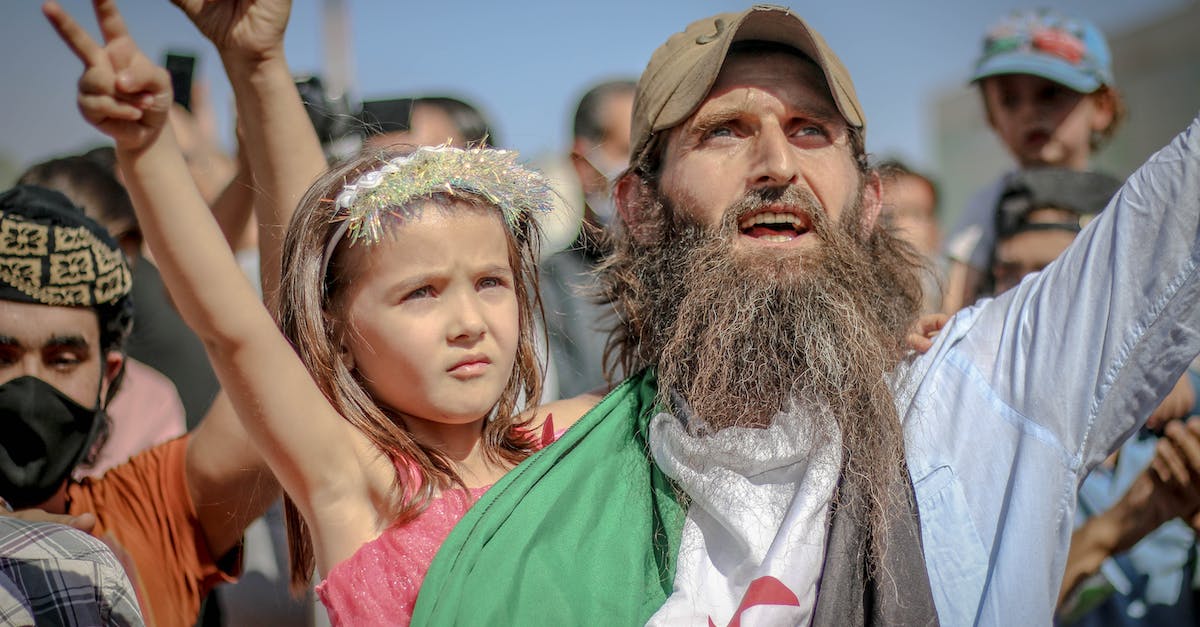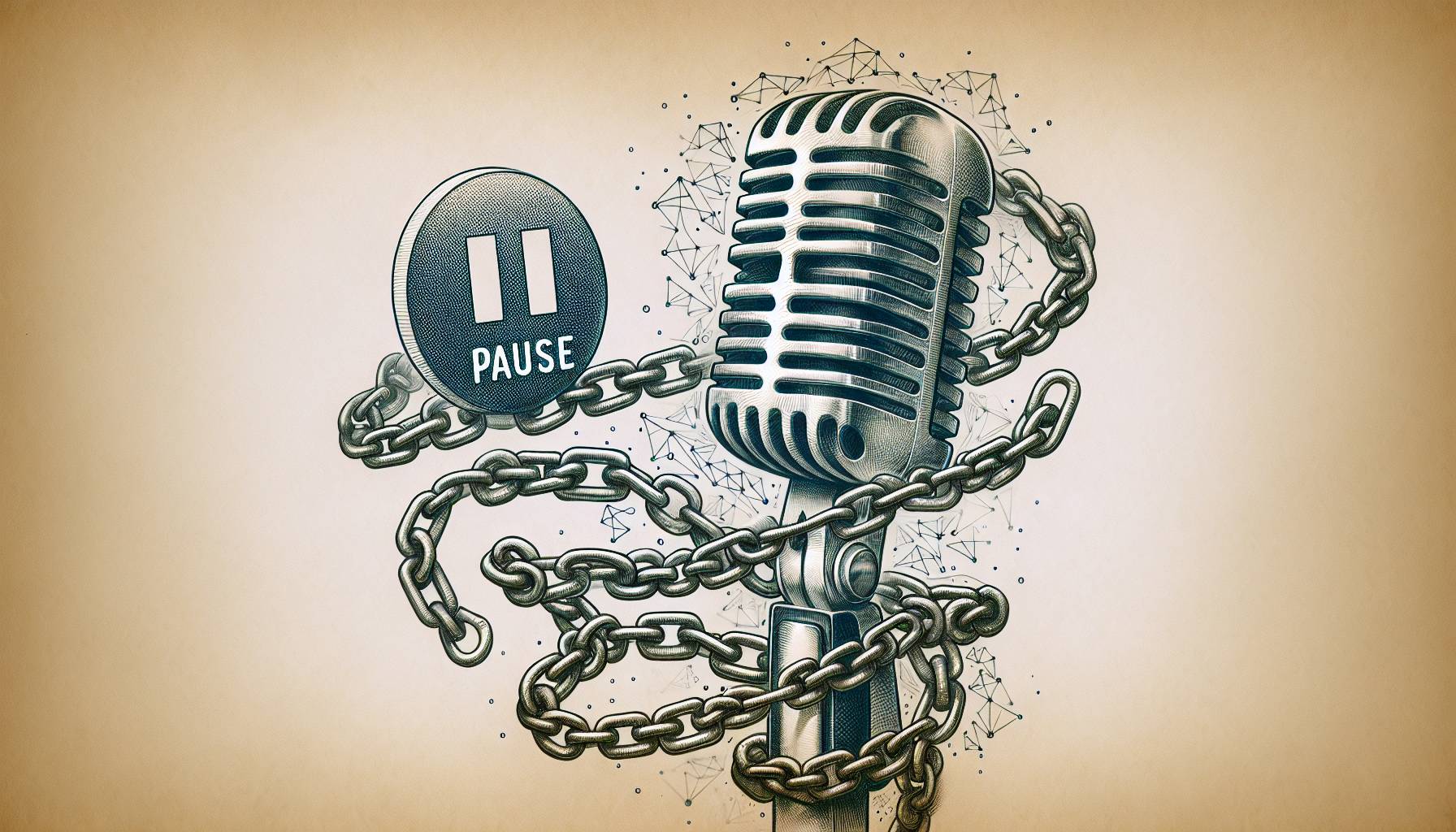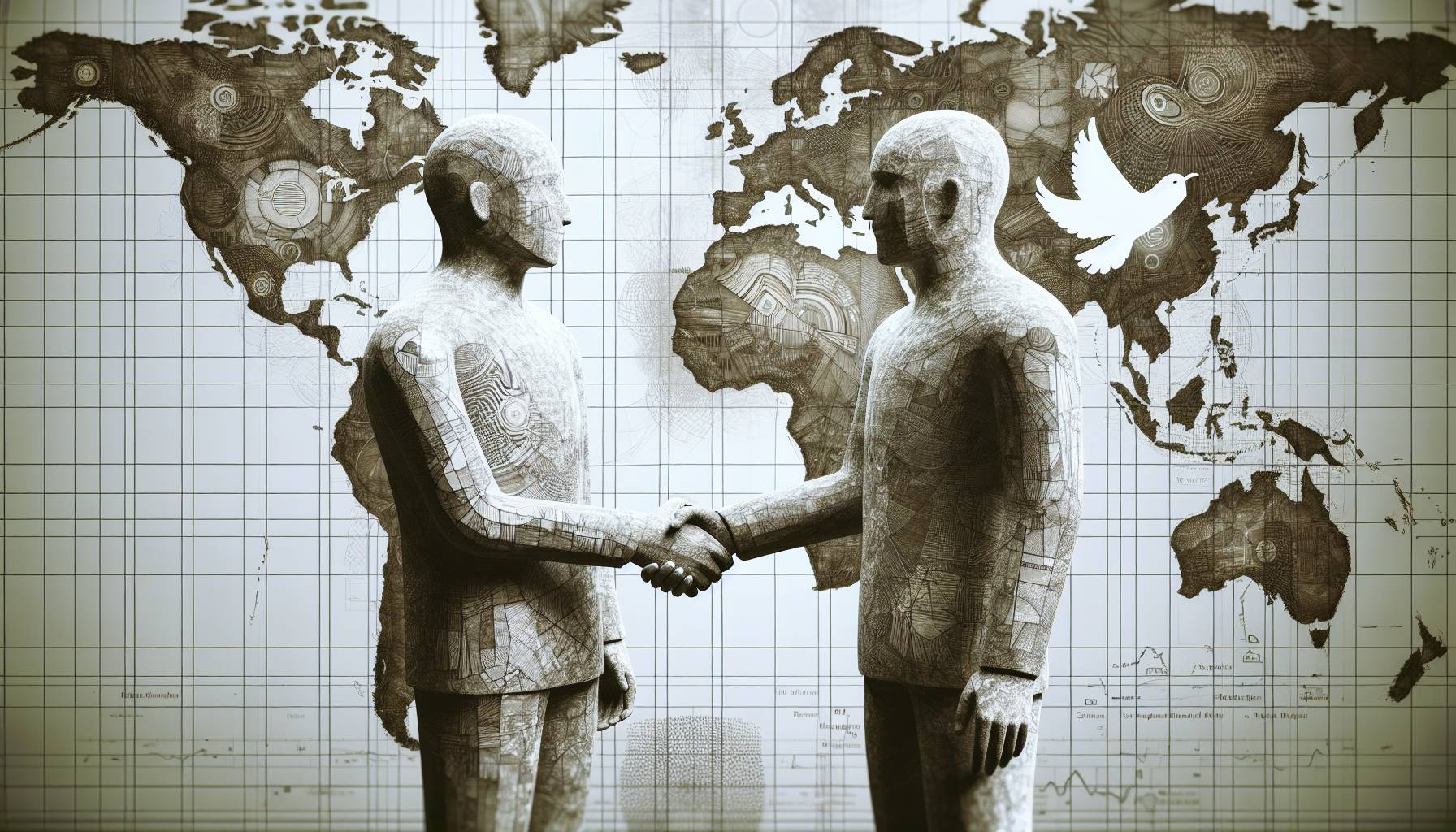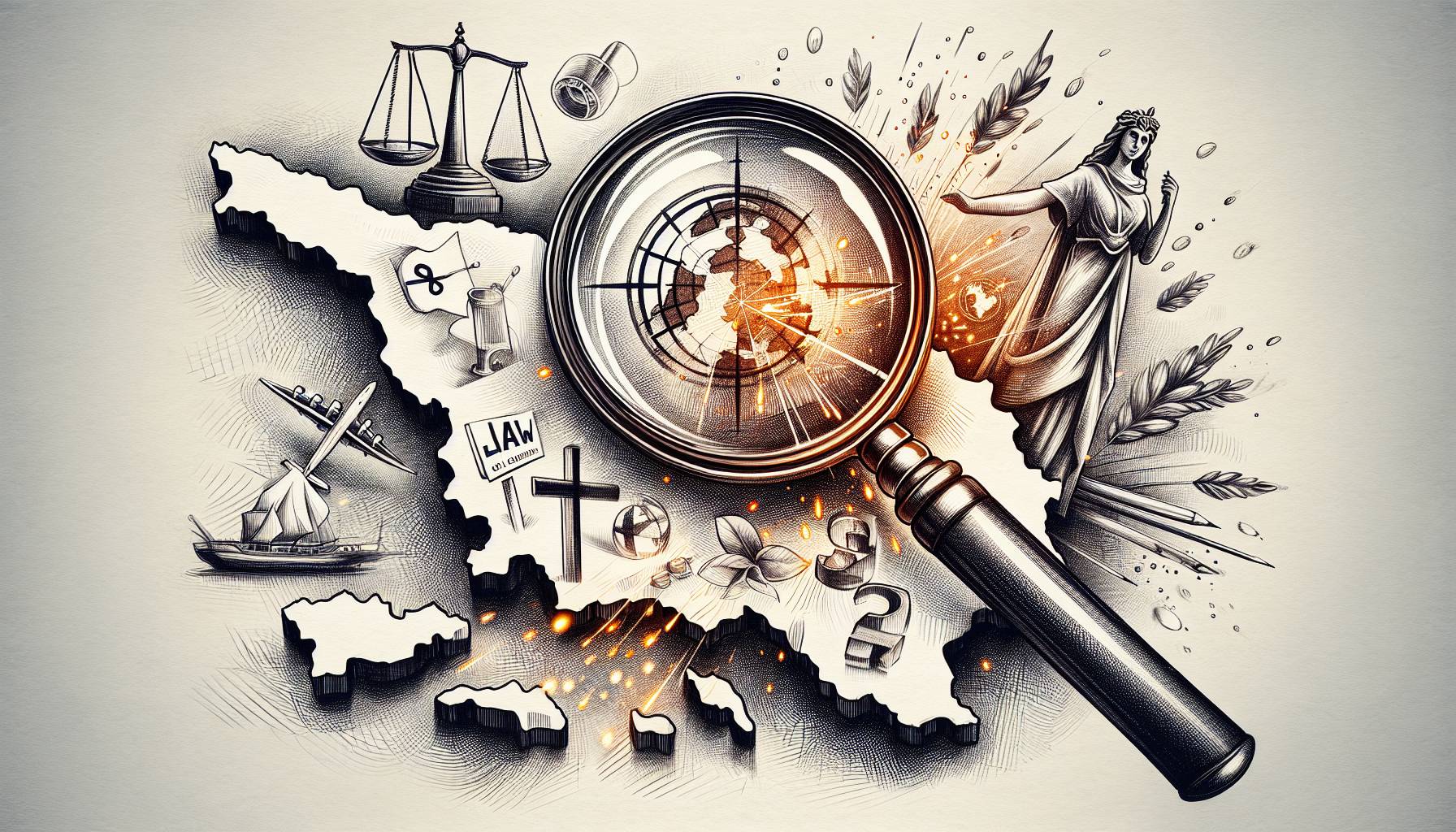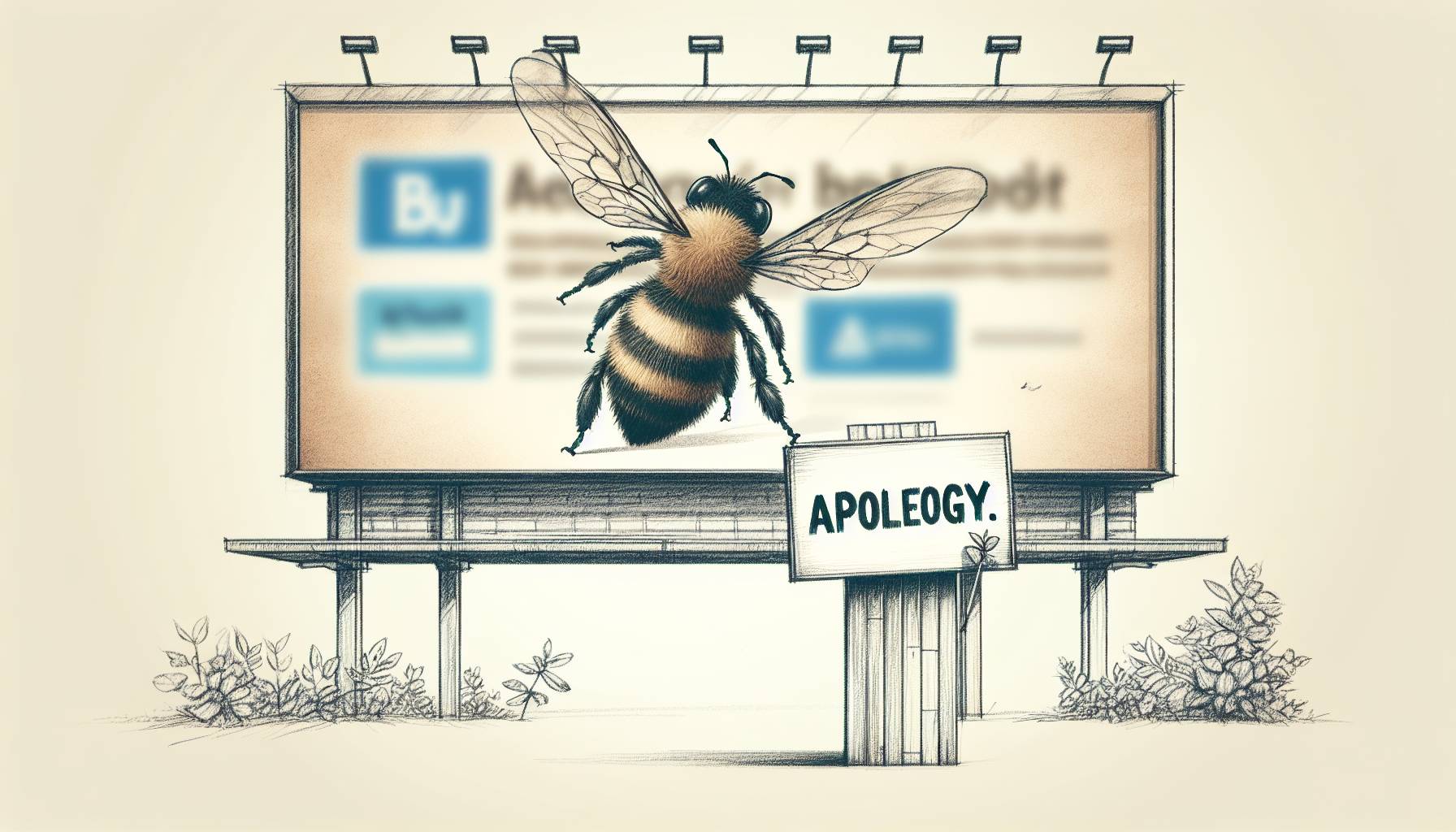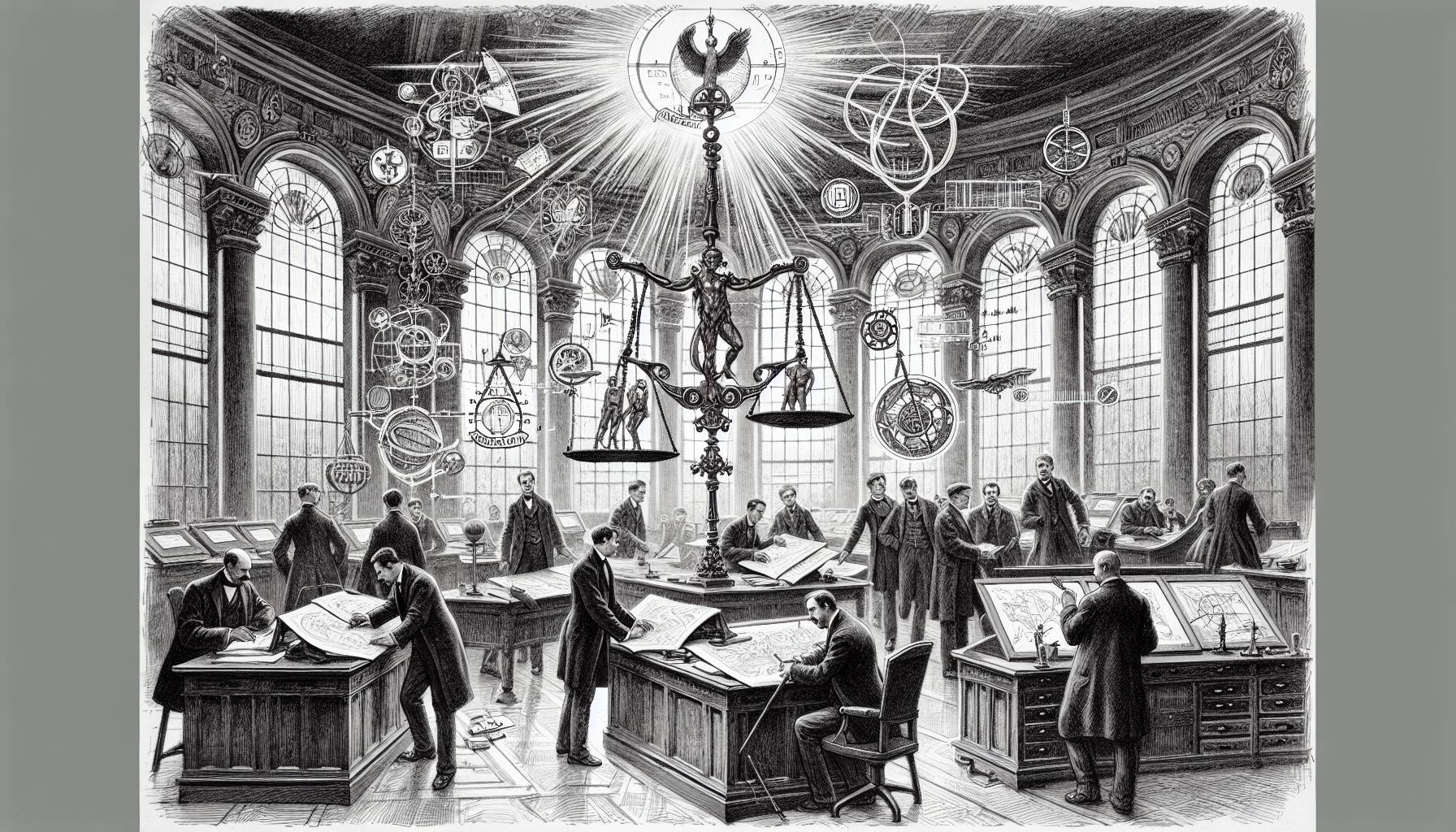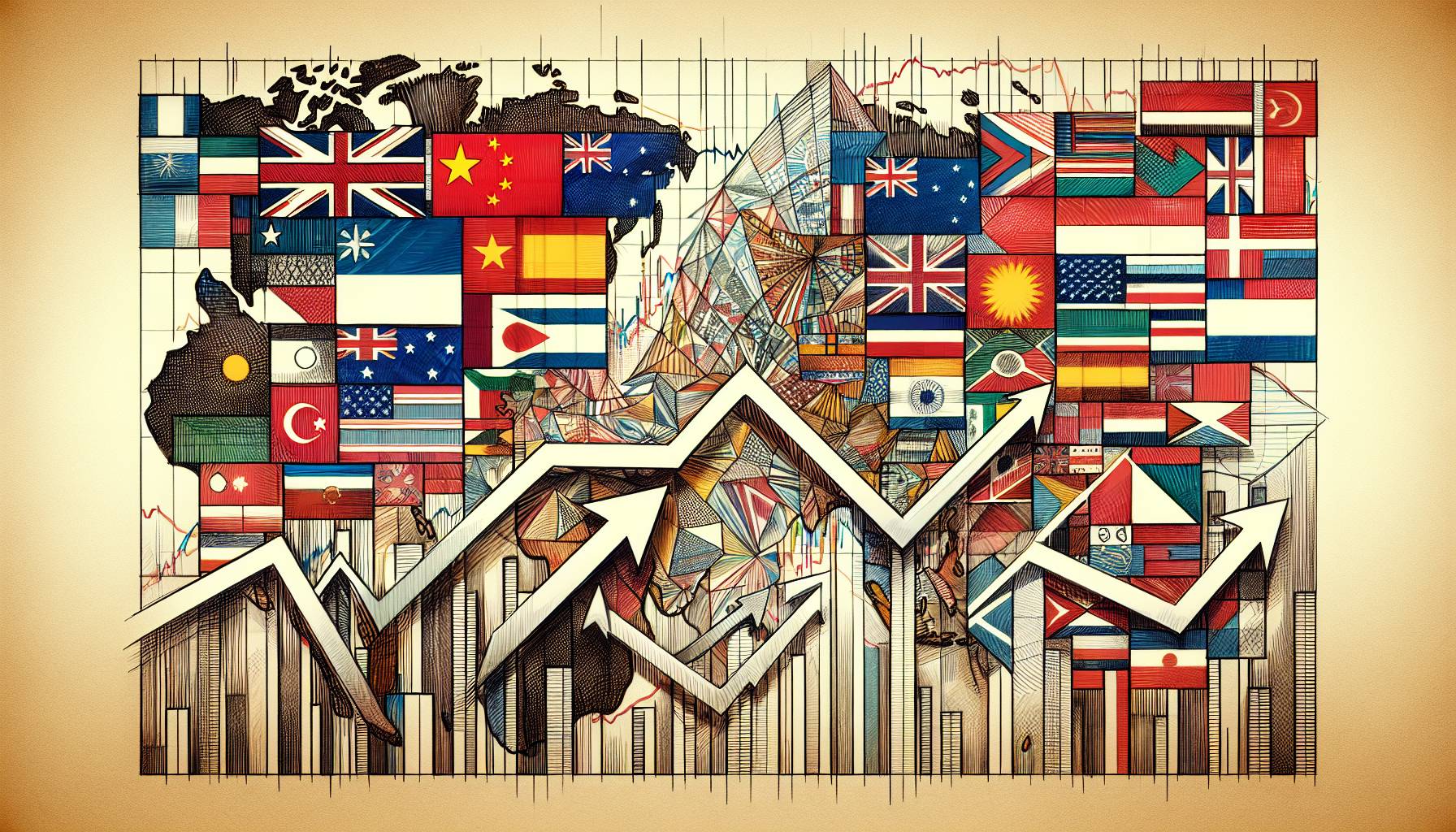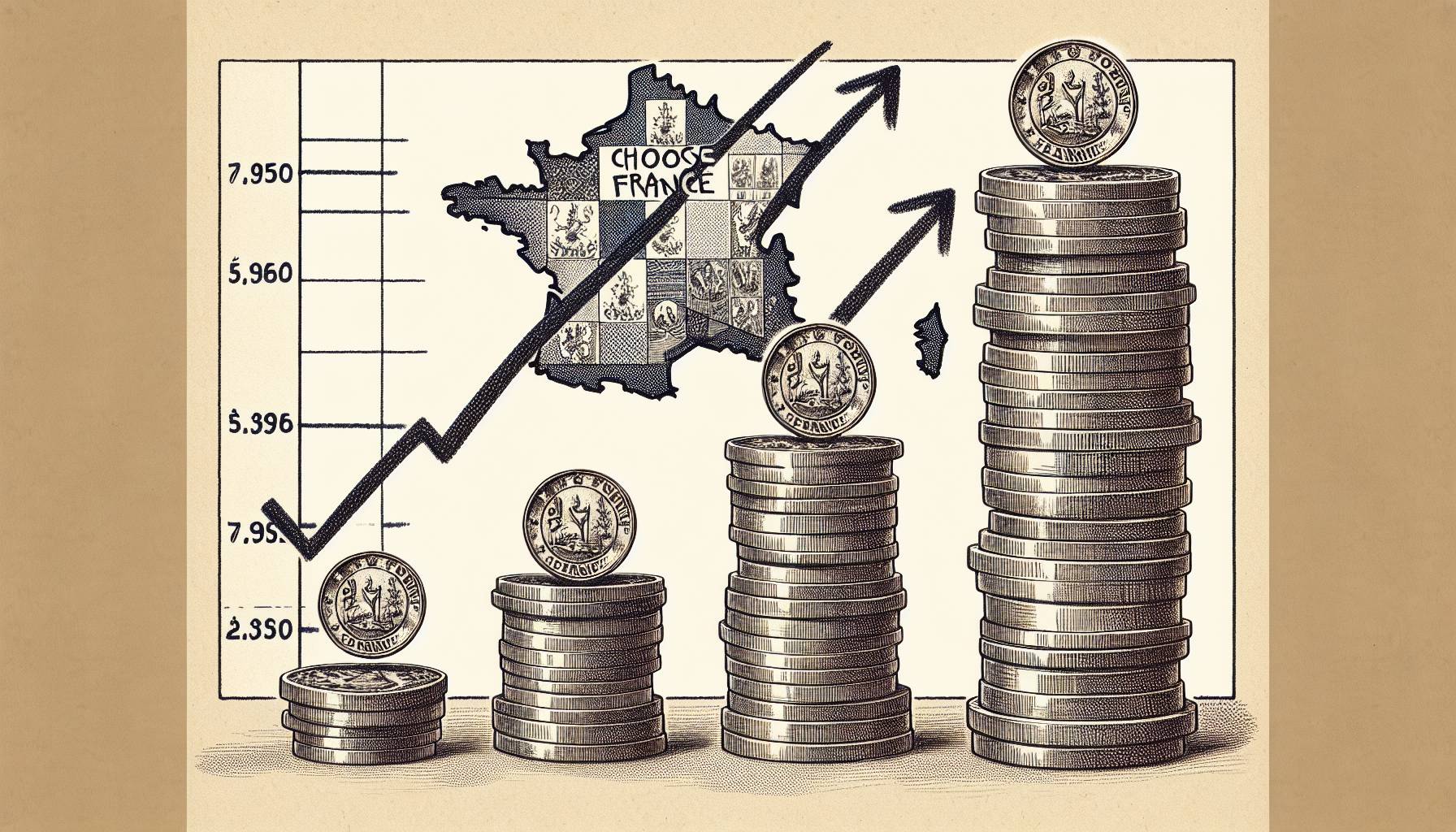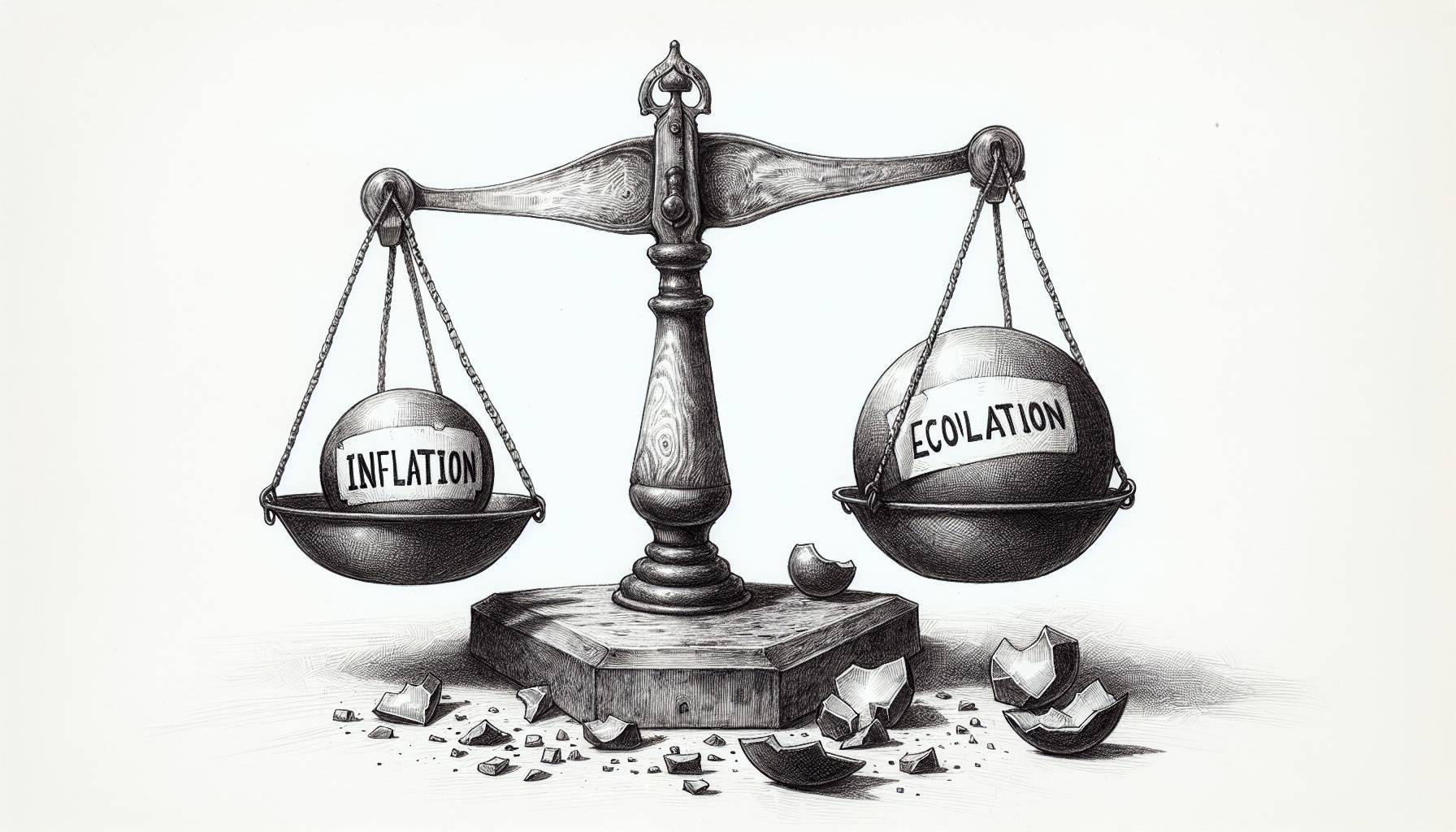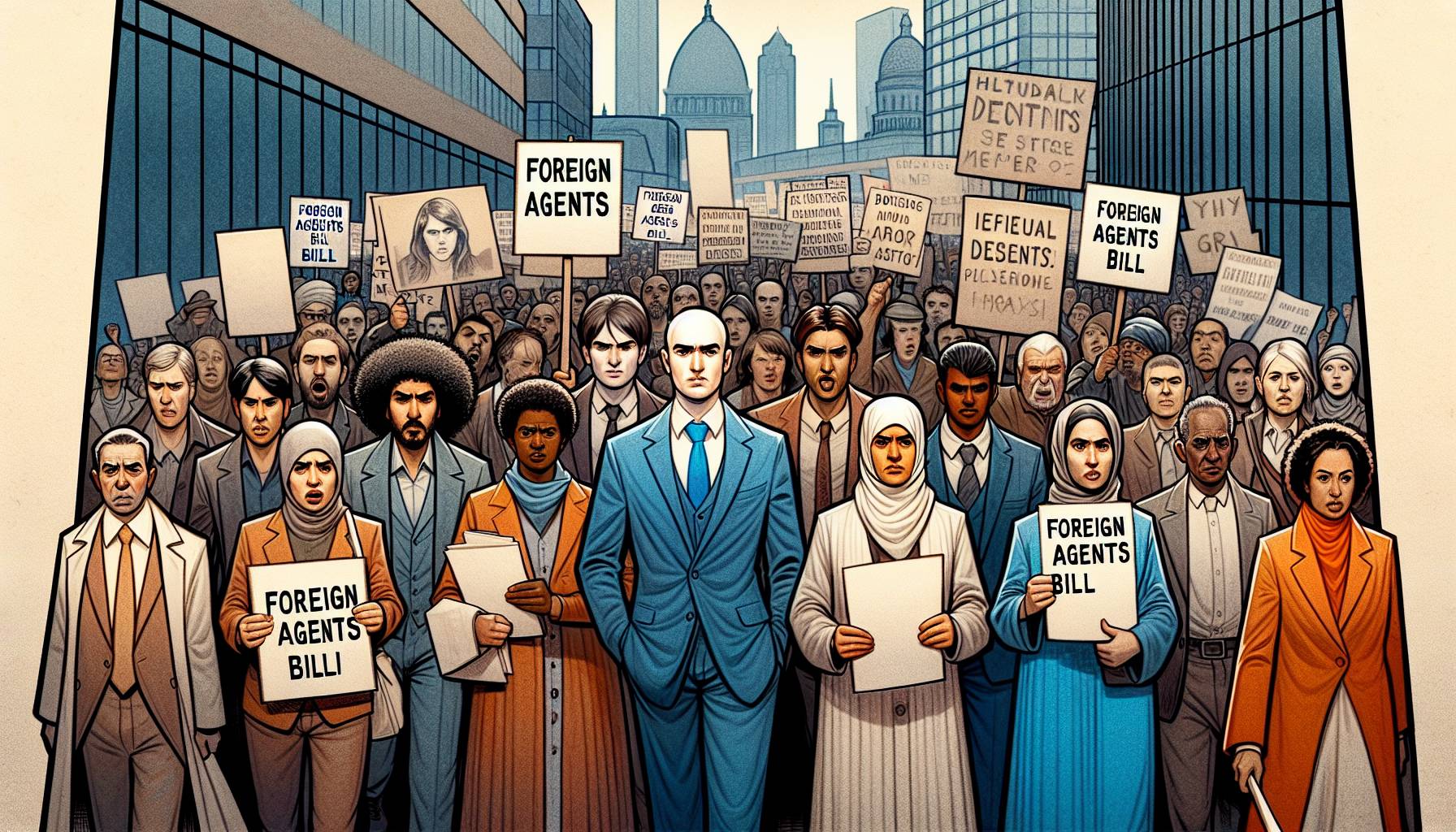Russia’s campaign for re-election to the United Nations’ primary human rights organization poses a significant challenge to Western nations, who are attempting to exclude the country due to its invasion of Ukraine in February 2022. Some diplomats believe Russia has a considerable chance of being re-elected in the upcoming confidential vote, citing “Ukraine fatigue” and resistance towards UN organizations being controlled by Western nations as potential factors in favor of the country’s reappointment.
If Russia is re-elected, it could damage the credibility of the UN Human Rights Council and impede efforts to hold Moscow accountable for alleged human rights violations in Ukraine. However, pro-engagement advocates argue that engaging with Russia within the Council may offer an opportunity to address these issues and promote dialogue between opposing factions.
Reputational Risk and Attempts at Building Support
Critics of Russia’s re-election argue that its reinstatement would harm the reputation of the Geneva-based UN Human Rights Council. Nevertheless, Moscow is actively rallying support from African, Asian, and other non-Western countries in the 193-member UN General Assembly, criticizing the alleged bias and hypocrisy of the United States and its allies.
Vassily Nebenzia, Russia’s ambassador to the United Nations, contends that the Human Rights Council should not be utilized for settling political scores or upholding double standards. In response, supporters of Russia’s re-election emphasize the importance of fostering dialogue and cooperation with all nations to address global human rights issues. They argue that incorporating diverse perspectives can lead to more balanced decision-making and a stronger, more effective Human Rights Council.
Competition for Eastern Europe Seats on the Council
Russia is vying against Bulgaria and Albania for two Eastern Europe seats on the Council. To secure a three-year term starting January 1st, candidates must receive at least 97 votes. The competing countries are intensifying their campaigns and gaining support from fellow UN members ahead of the crucial vote. The potential impact of each nation’s Council membership on regional and global policies plays a significant role in shaping the deciding votes.
Investigations and Prioritizing Human Rights
Although the Council lacks legally binding authority, its sessions heighten scrutiny and can authorize investigations that occasionally form the basis for documenting war crimes. When conducted accurately and impartially, these investigations are vital for ensuring accountability for severe human rights violations and promoting international justice. Additionally, the Council’s capacity to generate dialogue and bring global attention to pressing issues serves as an essential tool in driving positive change and fostering cooperation among nations to uphold human rights standards.
Positions of UK and Ukraine on Russia’s Re-election Attempt
British foreign minister James Cleverly describes Moscow’s re-election attempt as “farcical,” while Yevheniia Filipenko, Ukraine’s ambassador to the United Nations in Geneva, deems it “incomprehensible and absurd.” Both leaders voice concerns about Moscow’s credibility in human rights issues, given their re-election bid. They also stress the importance of maintaining international standards and ensuring that those serving on the Council dedicate themselves to upholding human rights.
Unprecedented Situation Raises Concerns
Observers point out that Russia’s situation is unique in the Council’s 17-year history, as no other nation has faced such widespread accusations of severe offenses and still obtained voting rights. This unprecedented situation raises concerns about the Council’s credibility and effectiveness in tackling human rights violations. Critics argue that giving Russia voting rights despite these allegations defeats the principles the Council was created to defend.
Russian President’s War Crimes Charges and Global Consequences
Western countries highlight that Russian President Vladimir Putin faces International Criminal Court charges of war crimes in Ukraine. In addition to the charges, Putin may face increased political pressure and economic sanctions from the international community. As the situation in Ukraine evolves, it raises questions about Russia’s role in resolving conflicts and maintaining peace.
Marc Limon, Executive Director of the Universal Rights Group, warns that Russia’s re-election could have disastrous consequences for the credibility of both the Council and the UN as a whole, especially for victims worldwide. He further argues that the re-election may send a demoralizing message to those relying on the Council to uphold human rights and address global injustices. Limon also emphasizes the importance of evaluating the Council’s membership processes to ensure that human rights remain the primary focus and guiding principle for member states.
Frequently Asked Questions
Why is Russia’s re-election to the UN Human Rights Council a concern for Western nations?
Western nations are concerned about Russia’s re-election due to its invasion of Ukraine in February 2022, and the alleged human rights violations that have occurred as a result. If re-elected, it could damage the credibility of the UN Human Rights Council and hinder efforts to hold Moscow accountable for these alleged violations.
How is Russia attempting to gain support for its re-election bid?
Russia is rallying support from African, Asian, and other non-Western countries in the 193-member UN General Assembly. Moscow claims that the Council should not be used for settling political scores or upholding double standards, and argues that fostering dialogue and cooperation with all nations would lead to more effective and balanced decision-making in the Council.
Who are Russia’s competitors for seats on the UN Human Rights Council?
Russia is competing against Bulgaria and Albania for two Eastern Europe seats on the Council. Candidates must receive at least 97 votes to secure a three-year term starting January 1st.
What is the role of the UN Human Rights Council in addressing human rights violations?
While the Council lacks legally binding authority, its sessions can raise international awareness on pressing issues, and it can authorize investigations that occasionally form the basis for documenting war crimes. The Council’s capacity to generate dialogue and foster cooperation among nations also contributes to upholding human rights standards.
What is the position of the UK and Ukraine regarding Russia’s re-election attempt?
British foreign minister James Cleverly describes Moscow’s re-election attempt as “farcical,” and Yevheniia Filipenko, Ukraine’s ambassador to the United Nations in Geneva, calls it “incomprehensible and absurd.” Both leaders emphasize the importance of maintaining international standards and ensuring that Council members are dedicated to upholding human rights.
What makes Russia’s situation unique in the history of the UN Human Rights Council?
Russia’s situation is unique because no other nation in the Council’s 17-year history has faced such widespread accusations of severe offenses while still obtaining voting rights. This raises concerns about the Council’s credibility and effectiveness in addressing human rights violations.
What are the possible consequences of Russia’s re-election to the UN Human Rights Council?
If Russia is re-elected, it could damage the credibility of the Council and the UN as a whole, particularly for victims worldwide. It may also send a demoralizing message to those relying on the Council to uphold human rights and address global injustices. Furthermore, it may lead to calls for evaluating the Council’s membership processes to ensure that human rights remain the primary focus and guiding principle for member states.
First Reported on: reuters.com
Featured Image Credit: Photo by Ahmed akacha; Pexels; Thank you!

